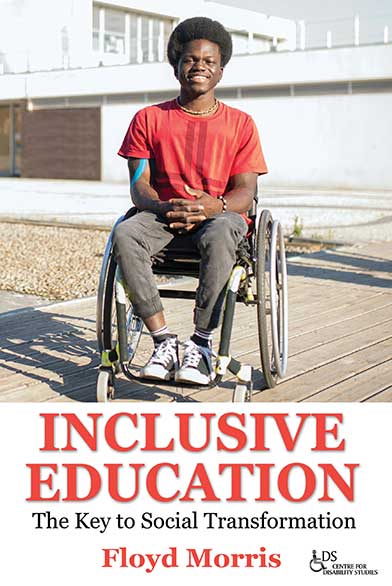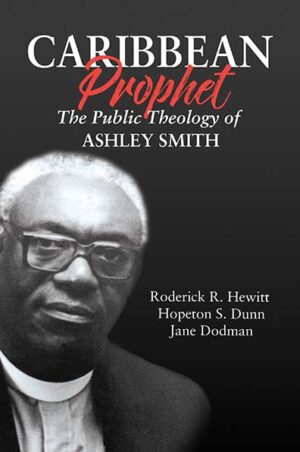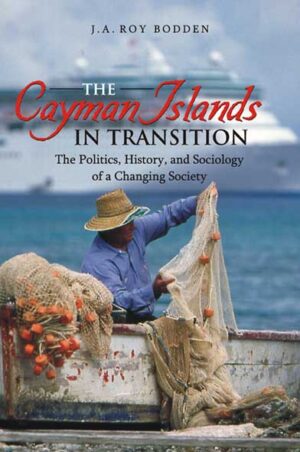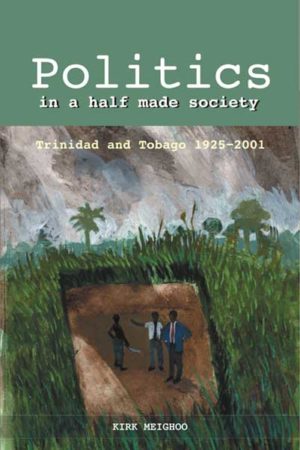Description
Enshrined in the 2006 UN Convention on the Rights of Persons with Disabilities is “the right of persons with disabilities to education…without discrimination and on the basis of equal opportunity.” Beyond accommodation for special education, the aim is an inclusive education system at all levels of learning to include persons with disabilities in the regular classroom. In Inclusive Education, Floyd Morris and his contributors, having both practical and theoretical knowledge, shine the spotlight on the Caribbean and make the case for a broader consideration and approach to education generally. Confined by low societal attitudes and expectations, persons with disabilities – from the deaf and hard of hearing, to the blind, and those who use a wheelchair– are rarely given the opportunity to fulfil their true potential and contribution to society, leading to further exclusion and entrenchment of discriminatory attitudes and approaches.
From early childhood to tertiary level education, the case is made for an education system fully accessible, in all respects, to persons with disability. Together with evidence and examples from the Caribbean and the Global South, the arguments are buttressed by recommendations advanced for implementation of the necessary legislative and policy frameworks; more comprehensive teacher education; and the implementation of modern technologies to facilitate easier interaction and assimilation. The result, the contributors argue, is the transformation of the lives of persons with disabilities and by extension, the wider society.








